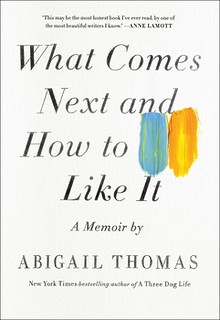The library is automated now--all fancy, shmancy and I can search from my bedroom while still in my pajamas for books and authors I'm trying to track down. Then I can go to the library, directly to the shelf they are on and pick them up and be in and out in a few minutes. (Or if the book is interloan, from another library, I can just walk to the desk and have it handed to me practically on a silver platter.) It's all very modern and convenient, but sometimes I miss the Library Accidents that used to happen while doing a card catalog search. I'd flip through the little cards looking for a specific book or author and stumble across an intriguing title. (I'm pretty sure this is how I ended up reading Saddles For Breakfast in fourth or fifth grade. I mean who could resist that title? And who knows how many other books I would never have had the pleasure of without the act of flipping through title after title in the catalog?)
I do keep lists of books I want to read--lists I compile by reading book reviews and taking recommendations, but I don't kid myself that every good book somehow magically makes it to my list. So, every once in a while, I set aside time for Library Accidents to happen and wander around the shelves and stop to look at the books on the new non-fiction tables just inside the library door and just wait for something to catch my eye. Suffering, as I do, from some sort of compulsive reading disorder, it never takes long.
This I Believe was one of those Accidental Books. It is full of essays from the NPR project of the same name, which was originally begun in the 1950s and was restarted in April 2005. Being from my media-deprived little corner of the world, I didn't know anything about the radio show (of course we don't have a local NPR station!) so the book was an eye-opener for me and led me down the rabbit hole of the website, where I've spent some time happily clicking from one essay to another.
The project asks participants to write short essays stating their core beliefs--the essays are a few hundred words in most cases and both the book and the site showcase a wide variety of people from well-known to unknown. What's amazing to me is how much true wisdom is out there in the minds of otherwise very ordinary people. I can't help but think that having a forum where people can discuss their personal philosophies can only be beneficial. It's also comforting to see essays from the 1950s reflecting some of the same issues we are facing now--it helps soothe that panicked feeling I sometimes get in thinking that things are dramatically worse at the moment than they've been in a while.
Masked Mom's One-Word Review: Extraordinary.
Reciprocity~ WildlyMindful Things4U
2 weeks ago



I actually wrote an essay for that project and posted it on my blog last year. I love the idea behind it all. I'll have to go look for that at my library!
ReplyDeleteAs a huge NPR fan, I too love this project, very impressive.
ReplyDelete